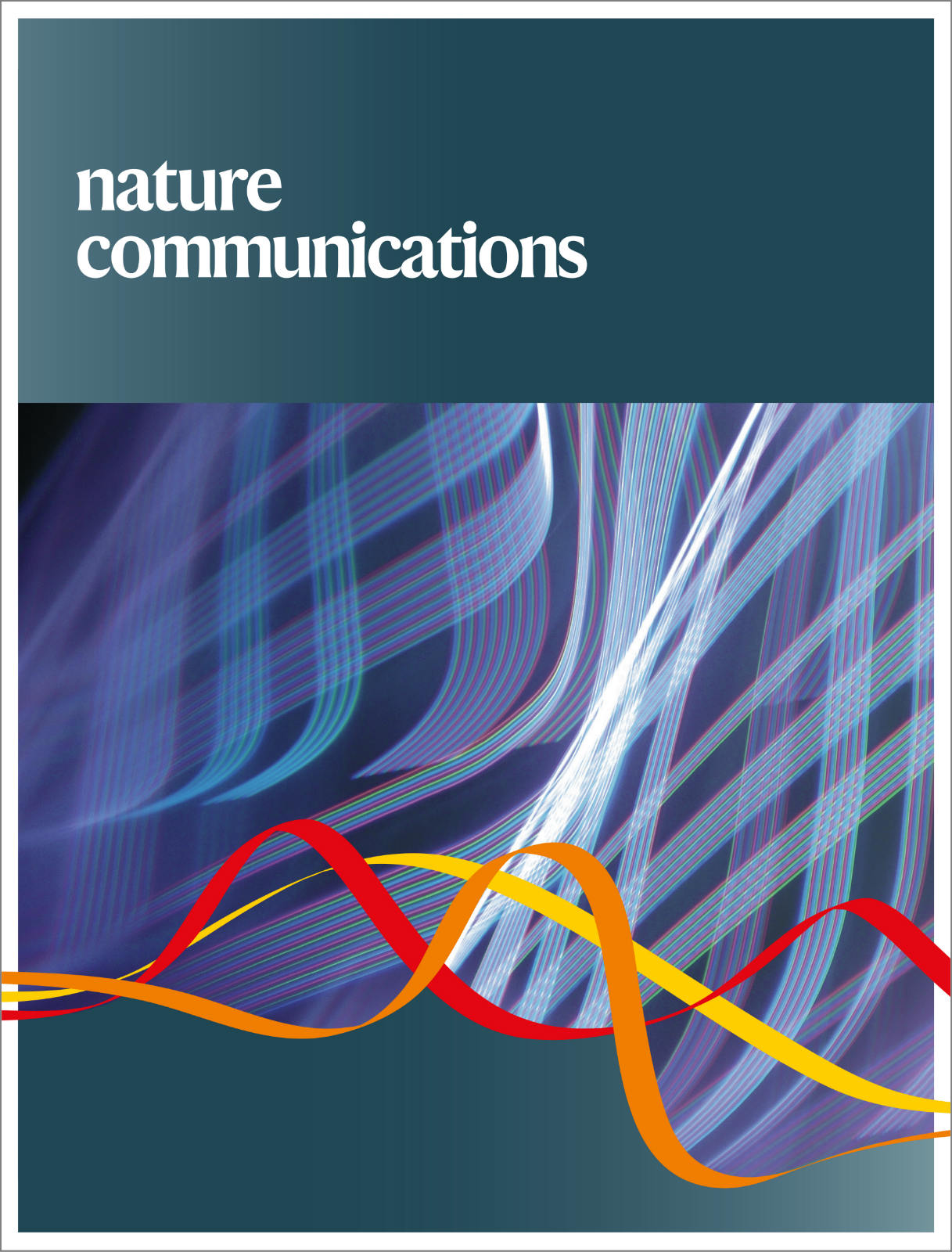与土著人民建立伙伴关系,促进合乎伦理的生物经济
IF 15.7
1区 综合性期刊
Q1 MULTIDISCIPLINARY SCIENCES
引用次数: 0
摘要
生物技术为制造业提供了一条可持续的途径,但是闭合保护生物多样性的循环仍然具有挑战性。在这里,我们探讨了与土著人民和当地社区(IP&;LC)的伙伴关系如何促进道德和循环的生物经济。本文章由计算机程序翻译,如有差异,请以英文原文为准。

Partnerships with Indigenous Peoples for an ethical bioeconomy
Biotechnology offers a sustainable route to manufacturing, but closing the loop towards safeguarding biodiversity remains challenging. Here, we explore how partnerships with Indigenous Peoples and Local Communities (IP&LC) can promote an ethical and circular bioeconomy.
求助全文
通过发布文献求助,成功后即可免费获取论文全文。
去求助
来源期刊

Nature Communications
Biological Science Disciplines-
CiteScore
24.90
自引率
2.40%
发文量
6928
审稿时长
3.7 months
期刊介绍:
Nature Communications, an open-access journal, publishes high-quality research spanning all areas of the natural sciences. Papers featured in the journal showcase significant advances relevant to specialists in each respective field. With a 2-year impact factor of 16.6 (2022) and a median time of 8 days from submission to the first editorial decision, Nature Communications is committed to rapid dissemination of research findings. As a multidisciplinary journal, it welcomes contributions from biological, health, physical, chemical, Earth, social, mathematical, applied, and engineering sciences, aiming to highlight important breakthroughs within each domain.
 求助内容:
求助内容: 应助结果提醒方式:
应助结果提醒方式:


